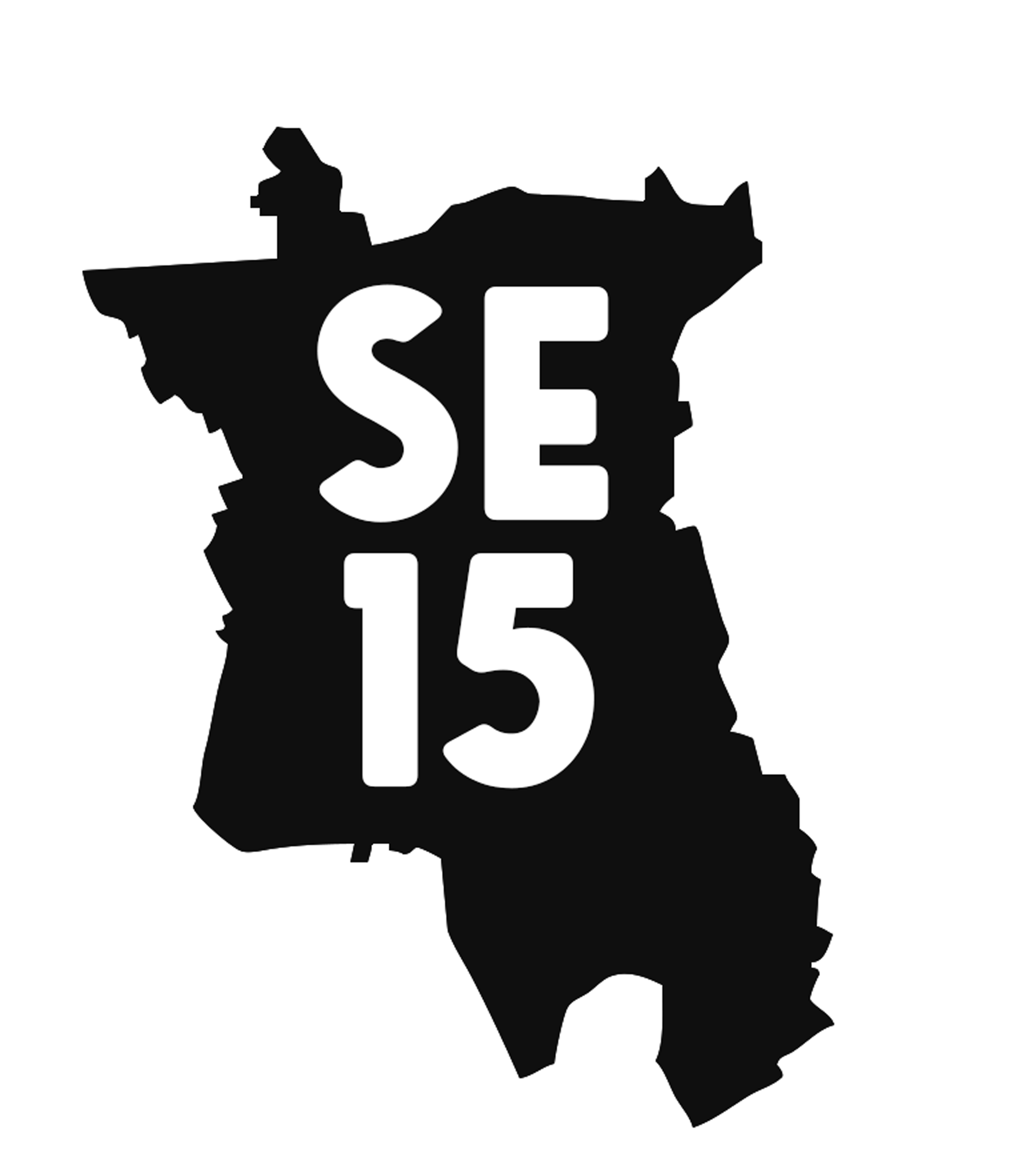Korova
Catalogue No: KODE 8
VG+VG+
1984 pressing in beautiful condition.
Echo & the Bunnymen’s fourth album, Ocean Rain, would prove to be their shining moment. The quality of the songwriting ensures its status as a classic, separating it from both the band’s more uneven earlier works and their patchy, self-titled follow-up from 1987.
It’s Ocean Rain’s maximalist sound, though, that truly demands your attention. Studio engineer Henri Loustau deserves credit for overseeing the recording of a 35-piece orchestra for the album, as does arranger Adam Peters, who also contributed piano and cello to the recordings.
Indie purists might balk at the orchestral pomp bestowed to songs like “Nocturnal Me” and the evergreen, epic mood piece “The Killing Moon,” while younger listeners may feel there’s a taste issue in the Eastern inflections of Will Sergeant’s guitar playing. But these instrumentation choices give Ocean Rain an element of playfulness lacking from Echo & the Bunnymen’s previous work, and lend the album a distinct yet familiar character.











